
1. Carbogen is used in
a) CO2 poisoning
b) CO poisoning
c) phosgene poisoning
d) anesthesia
2. Soda-water contains
a) sodium bicarbonate
b) sodium carbonate
c) carbonic acid
d) sodium hydroxide
3. The purest form of carbon is
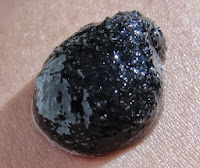 a) animal charcoal
a) animal charcoalb) coal
c) wood charcoal
d) sugar charcoal
4. Diamonds are weighed in
a) grams
b) pounds
c) carats
d) tons
5. The poisonous nature of carbon monoxide is due to
a) cutting off supply of oxygen
b) its being converted into carbon dioxide
 c) its combination with hemoglobin of blood
c) its combination with hemoglobin of bloodd) its blocking of vocal chords
6. A compound of carbon used as anaesthetic is
a) carbon disulphide
b) carbon tetrachloride
c) phosgene
d) Chloroform(CHCl3)
 7. Which of the following carbon compounds is used as a fire-extinguisher?
7. Which of the following carbon compounds is used as a fire-extinguisher?a) Carbon disulphide
 b) Carbon Tetrachloride(CCl4)
b) Carbon Tetrachloride(CCl4)c) chloroform
d) Methylene chloride
8. Rayon is made from
a) cotton
b) wool
c) cellulose
d) silk
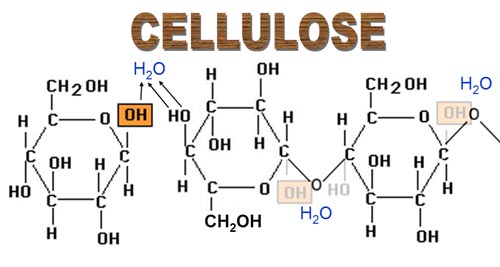
9. Which of the following is a very good supporter of combustion?
a) Carbon monoxide
b) Oxygen
c) Nitrogen
 d) Hydrogen
d) Hydrogen10. Which of the following can absorb gases quickly?
a) Activated charcoal
b) Anthracite coal
c) Diamond
d) Graphite
11. Marble is
a) calcium carbonate
b) sodium carbonate
c) magnesium sulphate
d) ferric chloride
12. The form of carbon used in decolorising sugar solution is
a) wood charcoal
b) animal charcoal
c) coconut charcoal
d) lamp black
a) Moissan
b) Davy
c) Faraday
d) Marie Curie
14. Marsh gas is
a) ethane
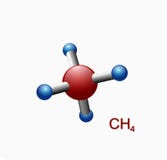 b) ethylene
b) ethylenec) acetylene
d) Methane
15. The oldest known organic compound is
a) urea
b) methane
c) benzene
d) acetic acid

16. Vinegar is the trade name for
a) chloroform
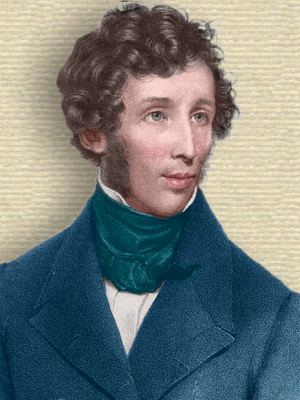 b) acetic acid
b) acetic acidc) phenol
d) carbon tetrachloride
17. The scientist who synthesized the first organic compound (urea) in the laboratory was
a) Wohler
b) Dalton
c) Lavoisier
d) Fischer
18. Methylated spirit is a mixture of
a) methyl alcohol and acetic acid
b) methyl alcohol and ethyl alcohol
c) ethyl alcohol and pyridine
d) methyl alcohol and pyridine
19. The simplest hydrocarbon is
a) benzene
b) methane
c) ethane
d) butane
20. During fermentation, the by-product is
a) ethyl alcohol
b) methyl alcohol
c) carbon monoxide
d) carbon dioxide
21. Hydrogen bomb is based on the principle of
 a) Natural radioactivity
a) Natural radioactivityb) Nuclear fission
c) Nuclear fusion
d) Artificial radioactivity
22. The father of modern chemistry is
a) Lavoisier
 b) Dalton
b) Daltonc) Mendeleeff
d) Priestley
23. Which one of the following substances does not have a melting point
a) Sodium chloride
b) Mercury
c) Bromine
d) Glass
24. Which one of the following elements is the poorest conductor of heat?
a) Zinc
b) Lead
c) Mercury
d) Sodium
a) Chloroform
b) Ethanethiol
c) Methane
d) Ethanol
26. The photoelectric effect is described as the ejection of electrons from the surface of a metal when
a) Electron of suitable velocity impinge on it
b) Light of suitable wavelength falls on it
c) It is heated
d) It is placed in strong electric field
27. Milk is a
a) Element
b) Metal
c) Mixture
d) None of these
28. Atomic number is equal to [Reference 1#]
a) Number of electrons
b) Number of nutron
c) Number of protons
d) Total number of protons and neutrons
a) Nitrogen Oxides
b) Hydrocarbons
c) Methane
d) Ozone
30. The oxide of Nitrogen used in medicine as anesthetic is
a) Nitrogen pentoxide(N2O5)
 b) Nitrous oxide
b) Nitrous oxidec) Nitric oxide
d) Nitrogen dioxide
a) Radon
b) Astatine
c) Cesium
d) Ruthenium

32. The compound used in photography is
a) Ammonium dichromate
b) Copper sulphate
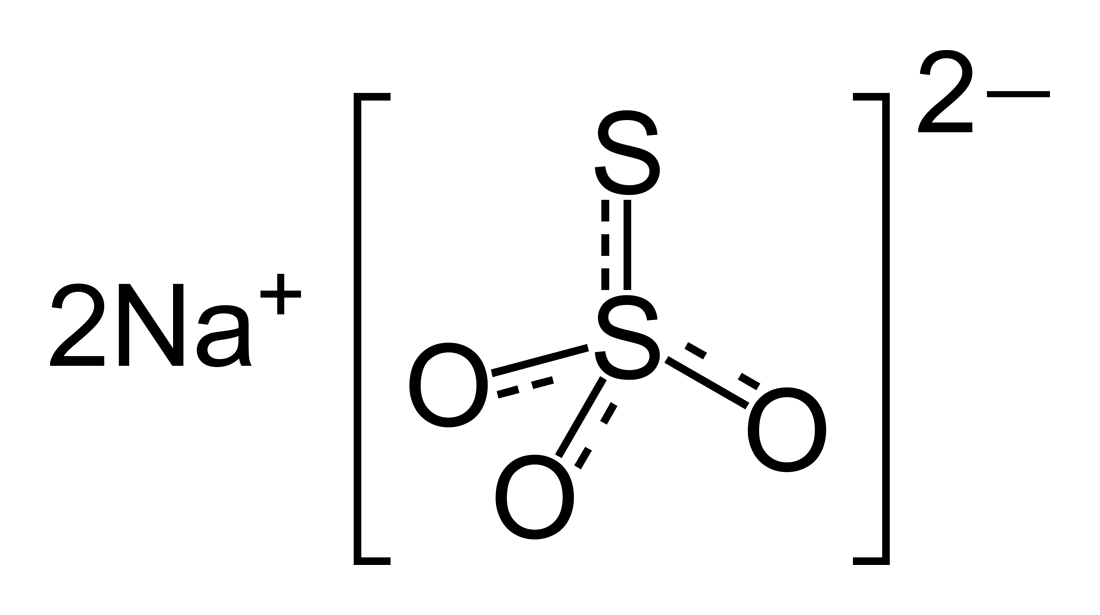 c) Magnesium sulphate
c) Magnesium sulphated) Sodium thiosulphate
33. Brine is a solution of
a) Sodium chloride in water
b) Iodine in alcohol
c) Sulphur in carbon disulphide
d) Potassium iodide in water
 34. Lunar caustic is
34. Lunar caustic isa) Calcium sulphate
b) Ammonium chloride
c) Caustic soda
d) Silver nitrate
35. The formula for cane sugar is
a) C6H12O6
b) C2H5OH
c) C12H22O11
d) C7H8O7
36. Temporary hardness is due to the presence of
a) Calcium carbonate
b) Calcium bicarbonate
c) Magnesium sulphate
d) Calcium sulphate
37. The compounds produced by plants in the process of photosynthesis are
a) Carbohydrates
b) Proteins
c) Salts
d) Fats
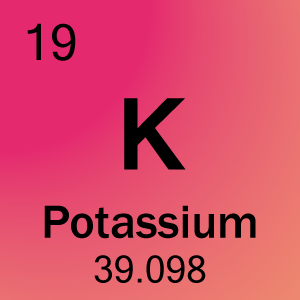 38. The metal which reacts most violently with cold water is
38. The metal which reacts most violently with cold water isa) Calcium
b) Sodium
c) Magnesium
d) Potassium
39. ‘Boiler scales’ contain
a) Calcium carbonate
b) Magnesium bicarbonate
c) Calcium sulphate
d) Magnesium sulphate
40. The first organic compound prepared in the laboratory was
a) Acetic acid
b) Chloroform
c) Urea
d) Methane
Also click here to watch video lectures on
1500+ Chemistry MCQ's
